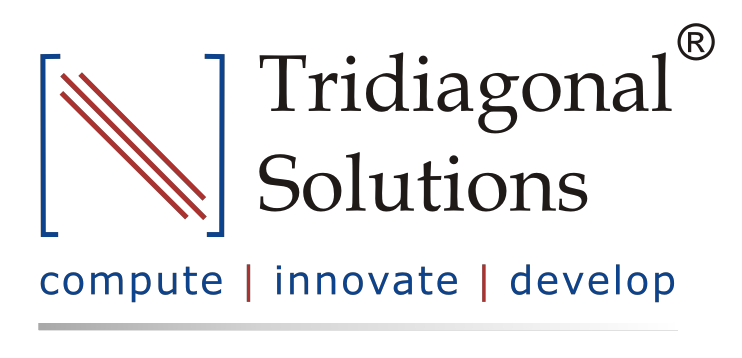Driving Profits through Sustainability: Part-2: Advanced Process Control
- Save to Calendar
- 27/07/2021 - 28/07/2021 - 4:00 pm - 8:00 am
In Part-I of the webinar series, we discussed the potential and implementable opportunities of energy savings in Chemical Industry. With the shrinking profit margins and constantly declining revenues, it is absolutely essential to run the chemical processes with minimum losses. While the material losses in terms of effluents are relatively ostensible to notice, the losses due to a sub-optimal operation are hardly appreciated. One reason behind this is the absence of thumb rules and taking the route of sophisticated solutions has become the need of the hour.
Chemical processes are seldom too simple to be modeled as a univariate cause-and-effect relationship. Consider, for example, a distillation column. It is arguably one of the most commonly used unit operations in the chemical and allied industries, and yet, one of the most complex ones. The product quality is an intricate function of a number of operating parameters like feed temperature and flow rate, column pressures and the pumparounds. Imagine the same application extended to a refinery CDU, and the complexity is increased a few folds just by the uncertainty of the crude compositions. In actual refinery operation, this entire process runs in real time, and controlling the product quality becomes difficult using the conventional controls like DCS. Advanced process control (APC) is precisely a way of is a process control and optimization methodology that takes into account the multivariable interactive nature of process units. The ultimate goal is to reduce the variability and achieve a consistent product quality.
Another very important benefits of APC is its ability to optimize the asset performance. In the absence of exact knowledge the process and asset behavior, the normal approach taken is to allow some operational margins in order to ensure a smooth process. However, the downside of this is that, it results in wastage of resources, at the same time leaving a substantial capacity if the asset underutilized. APC enables one to operate an asset near its maximum capacity, and could increase the capacity by around 3-5%.
A few more advantages of APC, such as quality improvement and energy optimization make it a very attractive control option in practically all types of chemical processes. In the present webinar, we discuss the interesting area of advanced process control, and its importance in ensuring that you achieve the maximum out of your running plant. Here, we discuss a few case studies that are the best representatives of the chemical industry. We demonstrate the applications of APC in order to achieve various process objectives, such as maximum yield, safety or optimization of assets.
Who should attend:
- Production / Operations Head
- Plant heads
- Technology leaders
- Process R&D Heads
- Sustainability Leaders
- Process Control Engineers
Register to view the recorded session of this e-Meet or email us at analytics@tridiagonal.com and we will email you the link.

